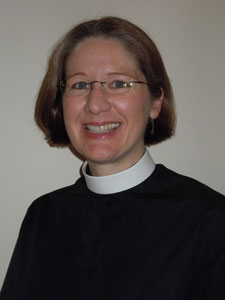CALL Courses: Winter 2022
All Winter 2022 courses run January 17 – March 7, 2022. Registration opens on Nov. 22, 2021, at noon PST.
- Arguing with God with Rev. Daniel London
- Church History: Wisdom for Mission Today with Dr. Bradley Peterson
- Facing Choices: Ethics in the Anglican Tradition with Rev. Austin Leininger
- Images of Diakonia: Interpreting the Sacred in Church and the World with Rev. Phina Borgeson
- Introduction to the Pentateuch with Rev. Kamilah Sharp
- Introduction to New Testament Interpretation with Dr. Peter Ajer
- New Testament Greek for Ministry with Bob Kramish
- Sacramental Theology with Rev. Melissa Hartley
Arguing with God
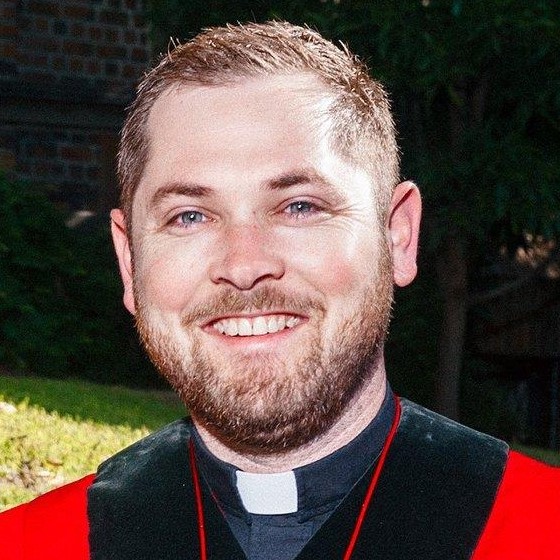
This course will explore the tradition of Arguing with God within the Bible, the Jewish tradition, the Christian tradition and beyond. In the class, which will include both lecture and discussion, students will consider the tradition’s potential as a resource for pastoral care and spiritual growth. Students will also be invited to prayerfully engage with literary expressions of the Arguing with God tradition and consider the ways that the tradition both permits and limits boldness in prayer. Students will gain an introductory knowledge of Judaism while also learning how to dismantle anti-Jewish readings of Christian texts.
Instructor: The Rev. Daniel London, PhD, serves as the rector of Christ Episcopal Church in Eureka CA. He teaches courses on Christian Spirituality, World Religions and Anglican Ethics at CDSP, GTU, the School for Deacons, and the Center for Bible Study. He is the author of The Cloud of Unknowing Distilled (Apocryphile Press) and Theodicy and Spirituality in the Fourth Gospel (Fortress Academic). He also serves as the co-chair of the Academic Committee of the Episcopal Diocese of Northern California. He lives in the Transfiguration House in Eureka CA with his wife Dr. Ashley London Bacchi and their two Yorkies, Seabury and Gubbio.
Church History: Wisdom for Mission
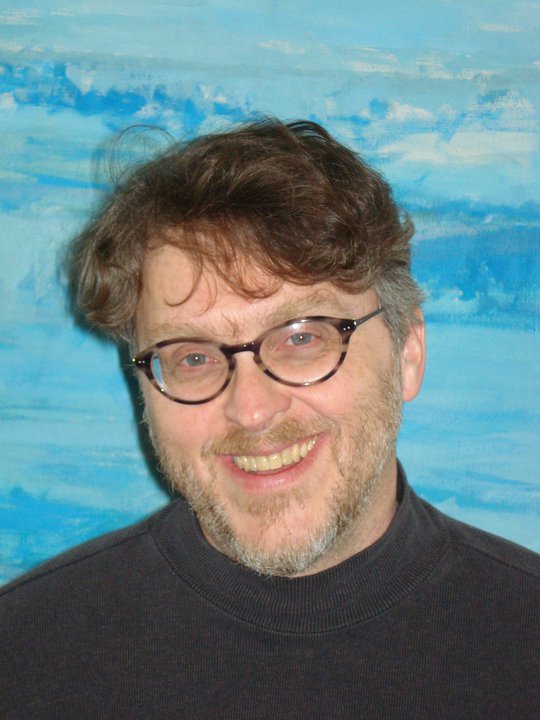
Instructor: Brad Peterson is a historian of Christianity with a special interest in the reformations and renewals of the Western church in the Early Modern Era. His doctoral research at the Graduate Theological Union, Berkeley, California, focused on the vision of monastic life that survived among Protestants of the 16th Century. He has a growing interest in the history of the diaconate. He teaches for the Episcopal School for Deacons at Berkeley as well as for CALL. He has led workshops for the Episcopal Church in Minnesota, the Sierra Pacific Synod of the Evangelical Lutheran Church in America, and various local churches. He contributed the article on Luther and monasticism in Luther – A Christian between Reforms and Modernity (1517-2017), a project of the Foundation for Religious Sciences John XXIII, Bologna, Italy. Brad also serves on the Commission on Ministry of the Episcopal Diocese of California and on the board of the Association of Episcopal Deacons. He identifies himself as a “vocational layman.”
Facing Choices: Ethics in the Anglican Tradition
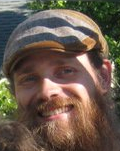
Ethics in the Anglican tradition draws on a rich history of discourse as we strive to engage with our faith, living it out in an imperfect world and Church. Whether we are struggling to justify sacramental liturgy and church hierarchy in the face of Puritan attack, or determining church policy on inclusion of women and LGBTQIA+ people, Anglicans have drawn on a wide array of ethical approaches ranging from teleological virtue ethics to relational theory (both pre-feminist and contemporary).
Ethical dilemmas continue to challenge lay and ordained leaders across the wide diversity of our church—frequently in our own parishes, where each of us engages our faith to face the challenges that surround us. In this course we’ll explore how thinkers as diverse as Plato (ancient Greece) and Marcella Althaus Reid (contemporary social justice and postcolonial liberation theorist) have helped people of faith make hard choices and live faithfully with the results. We’ll spend some time conversing with history (ancient Greece, Bible, Reformation), then dive into some of our “best” Anglican dilemmas both old and new as we explore the application of our rich tradition to real life issues in the church at home and around the world.
Instructor: The Rev. Dr. Austin Leininger has been an Episcopal priest in the Diocese of Northern California since 2006, and currently serves as Priest-in-Charge at Calvary Episcopal Church in Santa Cruz. He completed his PhD in Ethics and Social Theory at the Graduate Theological Union in Berkeley. He has been teaching in Anglican studies and Ethics for the past six years and teaches concurrently at CDSP and Iliff School of Theology’s Anglican Studies program in Denver, CO. He is husband to Jane, and papa to their three children.
Images of Diakonia: Interpreting the Sacred in Church and the World
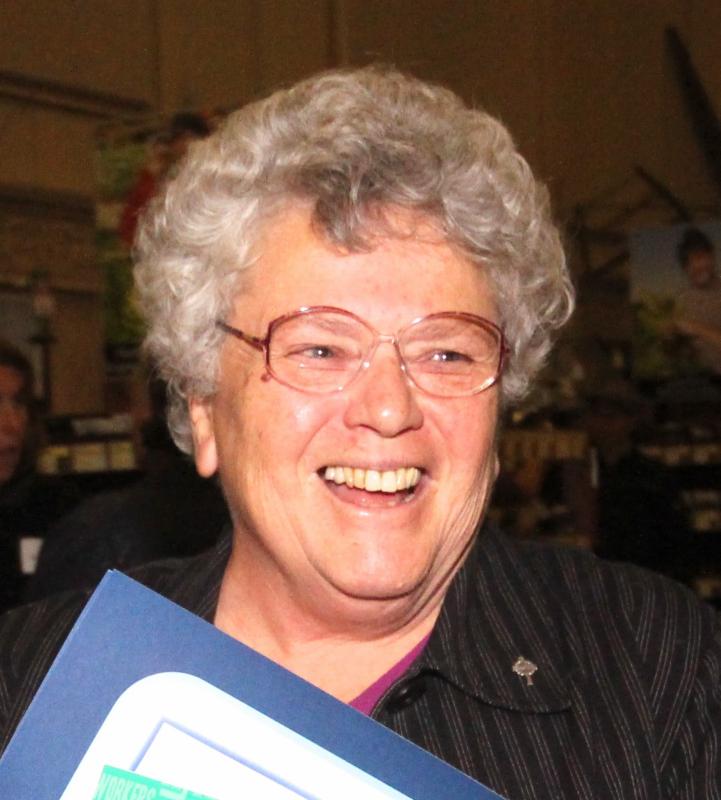
Instructor: Deacon Phina Borgeson brings to her work with CALL more than forty years experience teaching, facilitating, and mentoring in ministry education and formation. She thrives on encouraging deacons, those preparing to be deacons, and other members of the baptized to make connections among their daily lives, cultural and civic contexts, and faith traditions. She lives in Sonoma County, California, where her community ministry focus is on policy and practices for just and resilient food systems.
Introduction to the Pentateuch
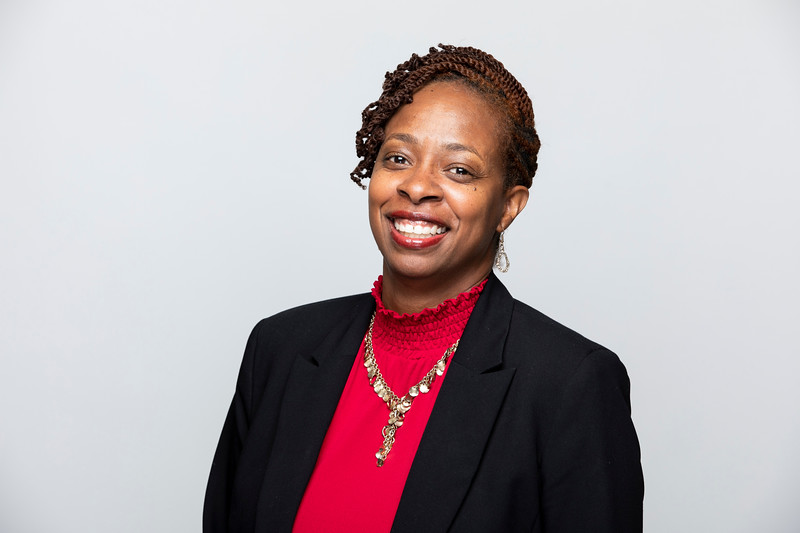
The Pentateuch is a survey course in which students examine the first five books of the canon of the Hebrew Bible. Students will attend to the patriarchs and matriarchs, the earliest covenants, the exodus traditions, laws, codes, and rituals of the agrarian society represented in the biblical world of the Pentateuch. Students will explore a) the socio-historical context out of which the biblical text most probably emerged, b) select methods and tools of biblical scholarship, and c) the engagement of modern users with the biblical text.
Instructor: Kamilah Hall Sharp is a native of St. Louis, Missouri, and currently residing in Desoto, Texas, with her spouse Nakia and daughter Anaya. After practicing law for ten years, she accepted a call to ministry. As a Ph.D. candidate in Biblical Interpretation-Hebrew Bible at Brite Divinity School at Texas Christian University, her scholarship focuses on the intersection of race, gender, and class with the biblical text and contemporary culture. She holds a Bachelor of Science in Business Economics from Florida A&M University, a Master of Divinity from Memphis Theological Seminary, and a Juris Doctor from Indiana University-Bloomington. Kamilah is a co-author of The Gathering, A Womanist Church: Origins, Stories, Sermons, and Litanies. She was ordained as a minister in the Disciples of Christ (Christian Church) and currently serves as co-pastor of The Gathering, A Womanist Church in Dallas.
Introduction to New Testament Interpretation
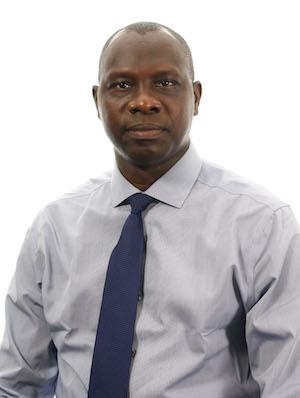
Instructor: Peter Claver Ajer was born and brought up in Uganda in Eastern Africa. He holds a Bachelor of Sacred Theology from Pontifical Urbaniana University, a Licentiate in Sacred Scripture from Pontifical Biblical Institute and a Ph.D. in Biblical Studies (New Testament) from the Graduate Theological Union. Ajer is the author of The Death of Jesus and the Politics of Place in the Gospel of John, Eugene, OR: Pickwick Publications, 2016.
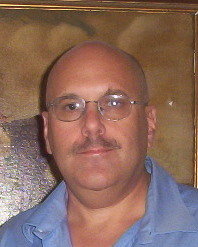
Have you ever wanted to understand the original meaning of a New Testament text without having to take an academic course in Greek? Using Greek exegetical tools to prepare for sermons and adult education classes in a user-friendly way (for both you and your audience) can enrich your preaching and teaching. This course will introduce you to the basic tools, such as dictionaries and interlinear bibles, as well as other online resources. You’ll learn the Greek alphabet, and enough about basic Greek grammar to enable you to discover some interesting features behind the meaning of the ancient text, and thus enhance your sermon preparation and scripture study.
Instructor: Bob Kramish has an M.A. in Biblical Languages, and has taught Greek and Hebrew to seminary students at several of the seminaries of the Graduate Theological Union. Bob is currently the registrar at Church Divinity School of the Pacific, as well as program manager for CALL. He lives in Oakland with his cats, Chloë and Slugger.
